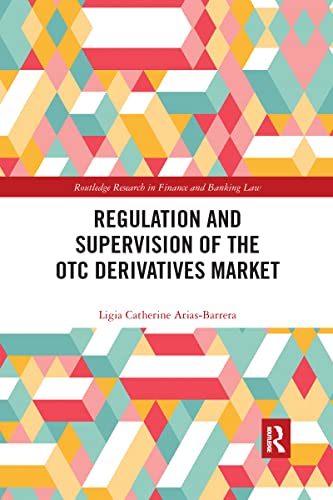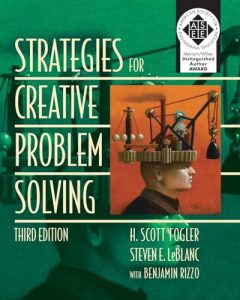Unlocking the Secrets of Financial Mastery: A Must-Read List of Influential Books
Delve into the intricate world of finance with our curated selection of essential reads that will elevate your understanding of markets, risk management, and regulation. Whether you’re a finance professional or simply curious about the subject, these books offer rich insights that are essential for navigating today’s financial landscape.
1. Regulation and Supervision of the OTC Derivatives Market
Authored by Ligia Catherine Arias-Barrera, this insightful book explores the complexities of regulating over-the-counter derivatives. With the 2008 financial crisis as a backdrop, Arias-Barrera provides a thorough examination of regulatory frameworks and their implications for market stability. This book is essential for anyone looking to understand the nuances of financial regulation and its impact on the global economy.

2. Financial Market Meltdown: Understanding and Surviving the Global Credit Crisis
Kevin Mellyn’s book is a vital resource for grasping the mechanics behind the global credit crisis that shook the financial world. Published in 2009, it not only illustrates the causes of the meltdown but also provides strategies for individuals and businesses to navigate through turbulent financial waters. A must-read for both learners and practitioners in finance, this book lays bare the lessons learned from the crisis.

3. Financial Engineering Fundamentals And A Central Bank Strategy
Dr. Sabih Jibara’s recent release introduces readers to financial engineering principles and the strategies implemented by central banks. This book connects theoretical frameworks with practical applications, making it invaluable for students and professionals alike. If you’re aiming to deepen your understanding of how central banks influence financial markets, this is a fantastic entry point.

4. CENTRAL CLEARING AND RISK MITIGATION OF DERIVATIVES
Bruno Mattos e Silva provides a comprehensive overview of central clearing and its role in mitigating risks associated with derivatives. The book’s accessible approach ensures that even those new to the topic can grasp its importance in the risk management spectrum. With derivatives playing a significant role in today’s financial landscape, this book equips readers with the knowledge needed to understand and manage potential risks.

5. Brazil’s Derivatives Markets: Hedging Central Bank Intervention and Regulation
Published by the United Nations, this in-depth examination presents the interaction between Brazil’s central bank and its derivatives market. A pivotal read for understanding emerging market dynamics, this book delivers critical insights into how regulation influences market behavior and hedging strategies, providing a solid foundation for understanding Brazil’s economic landscape.

6. Financial Geography: A Banker’s View
Risto Laulajainen’s exploration of financial geography offers a unique perspective on how geographical issues impact financial systems. This book is particularly valuable for financial professionals seeking to understand the broader context of finance through geographical lenses. By highlighting the spatial dimensions of finance, it discusses how banks operate within various environmental constraints.

7. The Future of European Financial Centres
Kirsten Bindemann’s book presents an analytical look at the evolution and future directions of European financial centers. This comprehensive investigation blends theoretical perspectives with contemporary challenges, making it an important read for policymakers and finance professionals. Understanding these shifts can provide strategic insights into navigating the complexities of European finance.

8. Credit Risk Management for Derivatives: Post-Crisis Metrics for End-Users
Ivan Zelenko offers a deep dive into credit risk management specifically designed for derivatives end-users. This book is crucial for anyone delving into risk metrics post-financial crisis, providing clear guidance on assessment and management practices. With extensive knowledge on risk frameworks, it’s an indispensable tool for finance professionals looking to enhance their risk management strategies.

9. New Approaches to Monetary Theory
Heiner Ganssmann’s work introduces innovative perspectives on monetary theory essential for understanding current economic debates. This book is perfect for scholars and students interested in the evolution of monetary economics, providing fresh insights and critical arguments that challenge traditional theories.

10. Securing Finance, Mobilizing Risk: Money Cultures at the Bank of England
Lastly, John Morris’s examination of the cultural dynamics within the Bank of England offers an intriguing perspective on how institutional cultures shape financial operations. It highlights the importance of understanding money cultures in banking, making it a vital resource for those interested in organizational behaviors within financial institutions.

In conclusion, these books offer a wealth of knowledge that can empower anyone interested in the dynamic and complex field of finance. From understanding market risks to diving deep into regulatory frameworks, these readings provide essential insights for both novices and seasoned professionals alike.




































